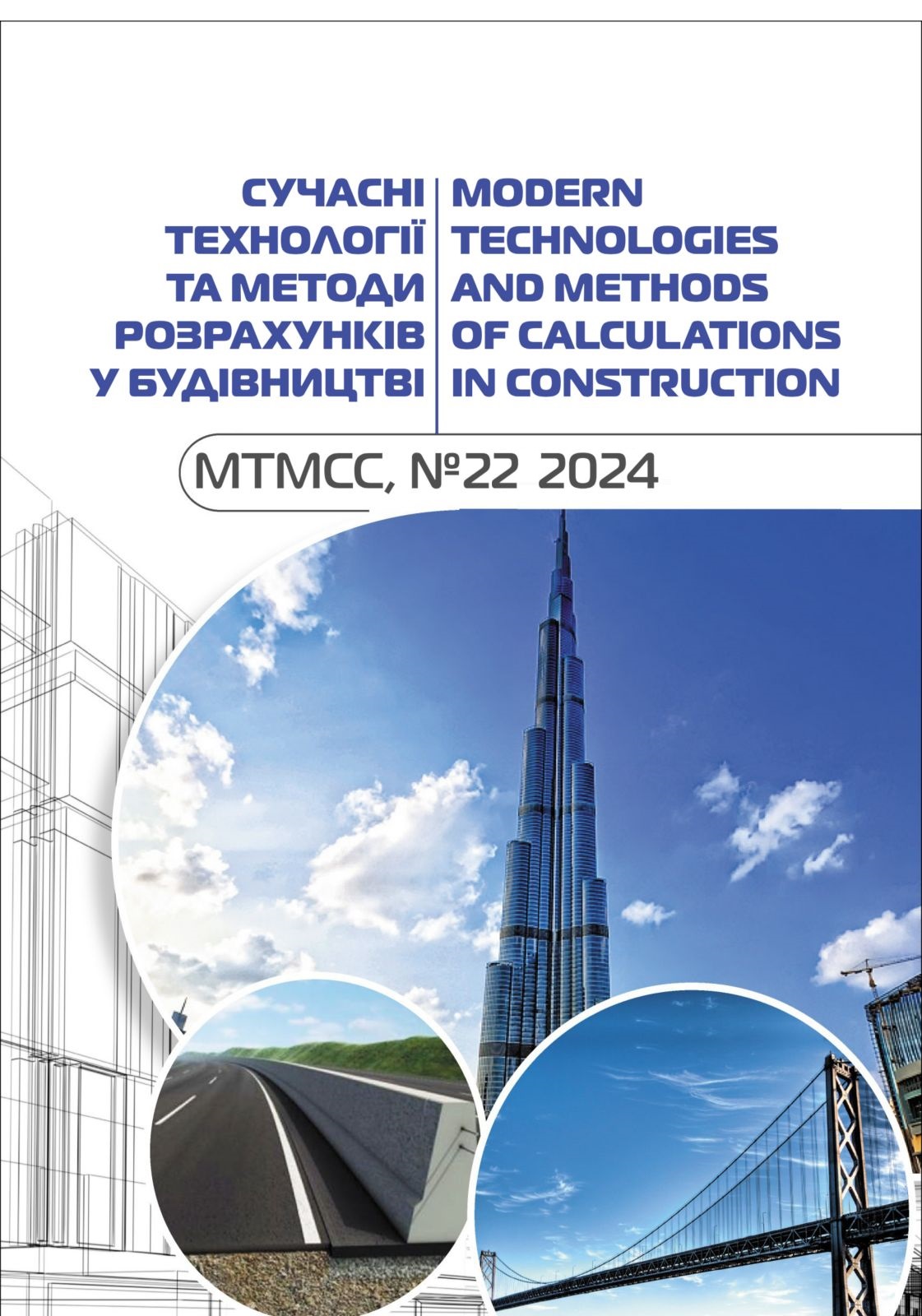Modular systems: concept, energy efficiency, and functional capabilities in the context of reconstruction
Abstract
The article examines the concept, energy efficiency, and functional capabilities of modular systems in the context of reconstruction. Modular construction is based on the principles of factory production of modules, ensuring high precision, quality, compliance with standards, modular versatility, rapid assembly, and design flexibility. The modular approach allows buildings to be easily adapted to individual needs. Within this approach, various types of modules are used, each fulfilling specific functions: facade modules, structural modules, engineering modules, and functional modules. Modular systems have clear advantages over traditional reconstruction methods. They ensure speed and quality of work, reduce costs, and have a positive environmental impact. In the context of post-war recovery, these characteristics make modular systems the optimal choice for fast and sustainable reconstruction of the housing stock. Strengthening load-bearing structures and using replaceable modules for damaged walls and floors are key technologies in restoring damaged buildings. These technologies provide a quick, cost-effective, and high-quality return of buildings to operation, meeting modern construction and safety requirements. The integration of modular systems enables efficient solutions for reconstruction tasks while minimizing disruption to residents and reducing resource consumption. Modular systems are among the most effective approaches to building reconstruction in post-conflict conditions. They not only ensure rapid and high-quality restoration but also contribute to improving the energy efficiency of buildings. Considering current requirements for reducing energy consumption, modular solutions allow for minimizing energy losses and providing comfortable living conditions for residents. One of the key advantages of modular systems is the ability to integrate insulation materials directly into facade modules. This significantly enhances the energy efficiency of buildings, especially in cases of reconstructing old concrete buildings that typically have low thermal insulation properties. In modern conditions of housing stock reconstruction after military actions, it is essential not only to restore damaged buildings but also to ensure their environmental sustainability. An ecological approach involves minimizing environmental impact through the use of environmentally friendly materials, recycling damaged structures, and reducing the volume of construction waste. In this context, modular systems play a crucial role as they combine efficiency with environmental care. Modular systems provide extensive opportunities for improving the design and aesthetics of buildings. The use of diverse materials, the creation of harmonious appearances, and integration into urban environments make such systems the optimal solution for reconstructing the housing stock under modern conditions. They not only meet aesthetic demands but also contribute to the creation of a comfortable and functional urban space.








